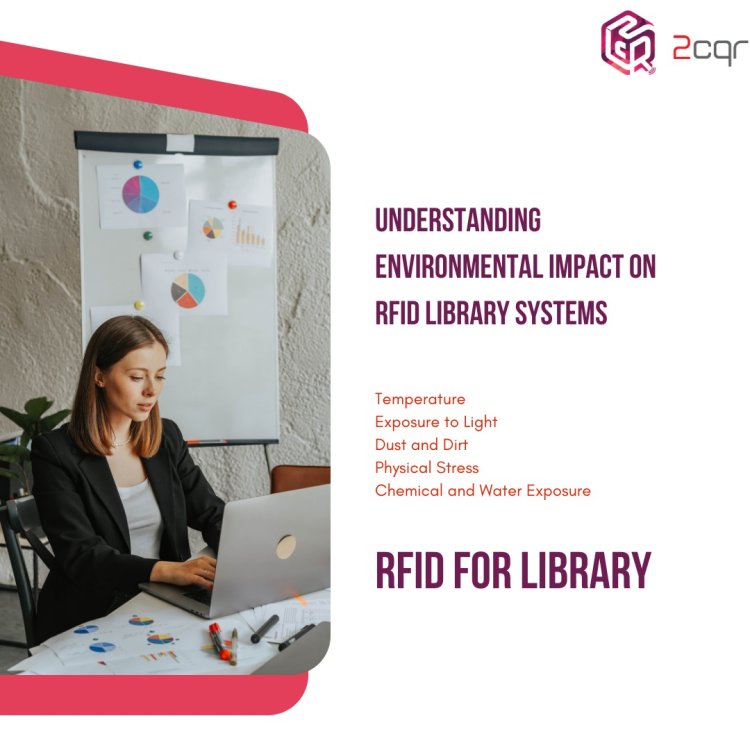Understanding Environmental Impact on RFID Library Systems
Explore how environmental factors like temperature, light exposure, dust, and physical stress affect the performance of RFID technology in libraries, and learn strategies to maintain optimal efficiency and user experience.
Share this Post to earn Money ( Upto ₹100 per 1000 Views )

Explore how environmental factors like temperature, light exposure, dust, and physical stress affect the performance of RFID technology in libraries, and learn strategies to maintain optimal efficiency and user experience.
RFID technology has evolved from a mere choice to an indispensable tool for enhancing library management and user experience. The seamless execution of library tasks—book issuance, returns, resource tracking—relies on the smooth functioning of RFID tags and readers.
Environmental factors significantly influence the efficacy of RFID solutions within libraries. Understanding and mitigating these factors are pivotal for sustained operational efficiency and user satisfaction.
Temperature
Temperature fluctuations minimally impact the radio signals emitted by readers. However, variations in temperature can alter antenna sizes, causing a separation between chips and antennas within RFID tags. This separation renders the tags inoperative, impacting readability. Using soldering techniques to counteract temperature changes is advisable. Extremely low temperatures may also hinder RFID reader battery performance, disrupting signal emissions.
Exposure to Light
Prolonged exposure of RFID-tagged resources to sunlight or artificial light generates heat that can damage IC chips within the tags. This damage prevents the tags from receiving radio frequency signals emitted by nearby readers, compromising the entire functionality of RFID systems in libraries.
Dust and Dirt
Intricate particles of dust and dirt within RFID tags and readers impede sensitivity, causing signal disturbance and tag interference. These disturbances severely disrupt the functionality of these crucial components, leading to delays, reduced efficiency, and a compromised user experience with RFID for library. Regular audits and cleaning activities are imperative to enhance system performance and longevity.
Physical Stress
Careless handling of library resources, such as rough book retrieval or improper book returns, results in RFID tags coming into contact with metal surfaces. This contact causes wear and tear on the chips inside the tags, interrupting signal identification and impeding library management activities.
Chemical and Water Exposure
Environmental exposure to chemicals or water can corrode RFID tags, diminishing their durability and performance. Direct contact with substances like cleaning agents or submersion in water can lead to complete tag failure or reduced functionality.
Understanding these environmental influences and adopting preventive measures like regular cleaning, proper handling, and temperature regulation is crucial to optimize RFID technology's efficiency within libraries. By mitigating these factors, libraries can ensure a seamless and enhanced user experience while maintaining the integrity of their management systems.














